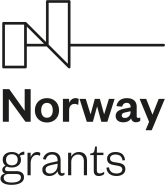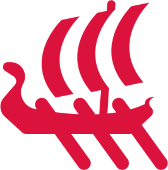About
The POLS project Dynamical complexity and pseudometrics (DynComp) is conducted at the Faculty of Mathematics and Computer Science of the Jagiellonian University in Kraków. It is funded by the Norway Grants via the National Science Center (NCN) of Poland.
Some further project details together with a description for the general public can be found here.
Team members
Dr Maik Gröger (principal investigator), Habibeh Pourmand (Phd student) and Karol Rutkowski (master's student)
Scope of the project
 A central goal of topological dynamics and ergodic theory is the classification of dynamical systems up
to an appropriate notion of isomorphisms. Dynamically defined pseudometrics turn out to be an useful
tool to achieve this task. Moreover, they can induce interesting dynamical invariants reflecting
certain long-term behavior and complexity of a system.
The aim of this project is to extend our understanding of dynamically defined pseudometrics for
continuous actions of topological groups and to examine the corresponding complexity notions which
they induce. Hereby, we are particularly interested in systems exhibiting low complexity
behaviour (in the sense that they have zero entropy whenever the acting group allows for
establishing a reasonable entropy theory).
Prominent examples belonging to this class are systems which are defined by finitely many local rules and
point set dynamical systems associated to regular model sets.
Here, primary examples come from the theory of aperiodic order which provide mathematical models for
quasicrystals.
A central goal of topological dynamics and ergodic theory is the classification of dynamical systems up
to an appropriate notion of isomorphisms. Dynamically defined pseudometrics turn out to be an useful
tool to achieve this task. Moreover, they can induce interesting dynamical invariants reflecting
certain long-term behavior and complexity of a system.
The aim of this project is to extend our understanding of dynamically defined pseudometrics for
continuous actions of topological groups and to examine the corresponding complexity notions which
they induce. Hereby, we are particularly interested in systems exhibiting low complexity
behaviour (in the sense that they have zero entropy whenever the acting group allows for
establishing a reasonable entropy theory).
Prominent examples belonging to this class are systems which are defined by finitely many local rules and
point set dynamical systems associated to regular model sets.
Here, primary examples come from the theory of aperiodic order which provide mathematical models for
quasicrystals.


